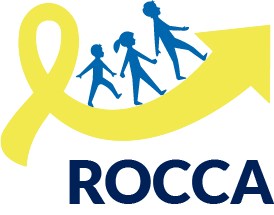Cancer Survivorship & Late Effects
Thanks to advances in the treatment and supportive care of children and adolescents with cancer, over 80% will become long-term survivors. Unfortunately, the therapies that lead to cure can also cause long-term side effects, also known as “late effects”. These late effects can include heart and lung problems, second cancers, problems with memory and attention, anxiety and depression, and infertility. As such, it is critical that all survivors of childhood and adolescent cancer receive lifelong follow-up care focused on their specific risks. Our research focuses on specific late effects that develop in survivors and how survivors interact with the health care system as they age. All of our projects have a common goal: to improve the health and quality of life of childhood and adolescent cancer survivors.



